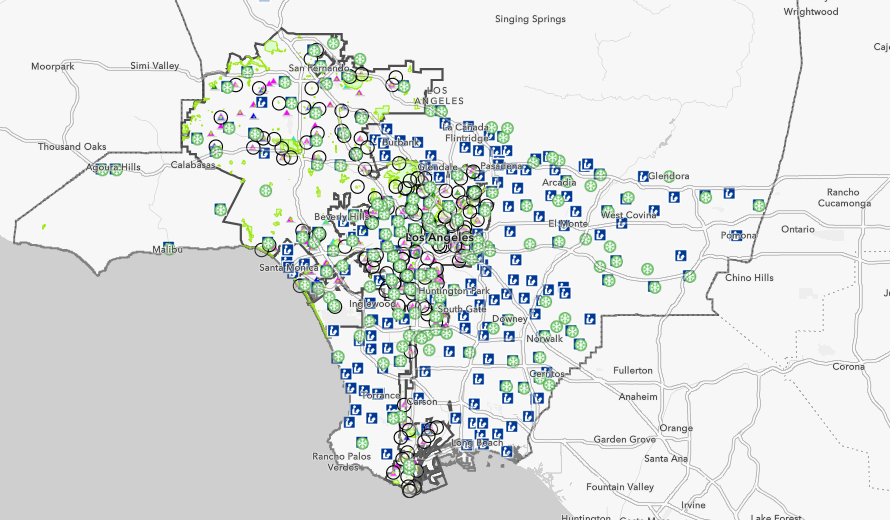Prioritizing Local Action for Climate Equity: Strengthening Community Resilience Against Extreme Urban Heat in LA
Presenters:
Nelson Henriquez
Amber Birdwell
University of Southern California
Climate change has been known to contribute to extreme weather across the globe. Many cities in North America, including Los Angeles, have been experiencing record-high heatwave events in recent years. Extreme heat has a detrimental effect on many Angelenos, especially those living and/or working in neighborhoods with less shade and homes lacking air conditioning. As a part of a bigger project to take community-driven approaches in building urban heat resilience for environmental justice, this project aims to work with local community members and provide resources and tools for vulnerable populations in underserved LA to be better prepared and more resilient against extreme heat. We explored socio-economic factors and discussed with various community organizations to identify target neighborhoods of interest. We identified populations most vulnerable to extreme heat events including children, the elderly, high transit dependency, and low-income households. We gathered spatial data for locations where community members could seek relief during periods of extreme heat, such as cooling centers, hydration stations, libraries, and more. We are building map tools including a Web map and ArcGIS StoryMaps to provide quick and effective visualization for the communities, to subsequently receive feedback and improve to eventually publish for broader outreach efforts.



